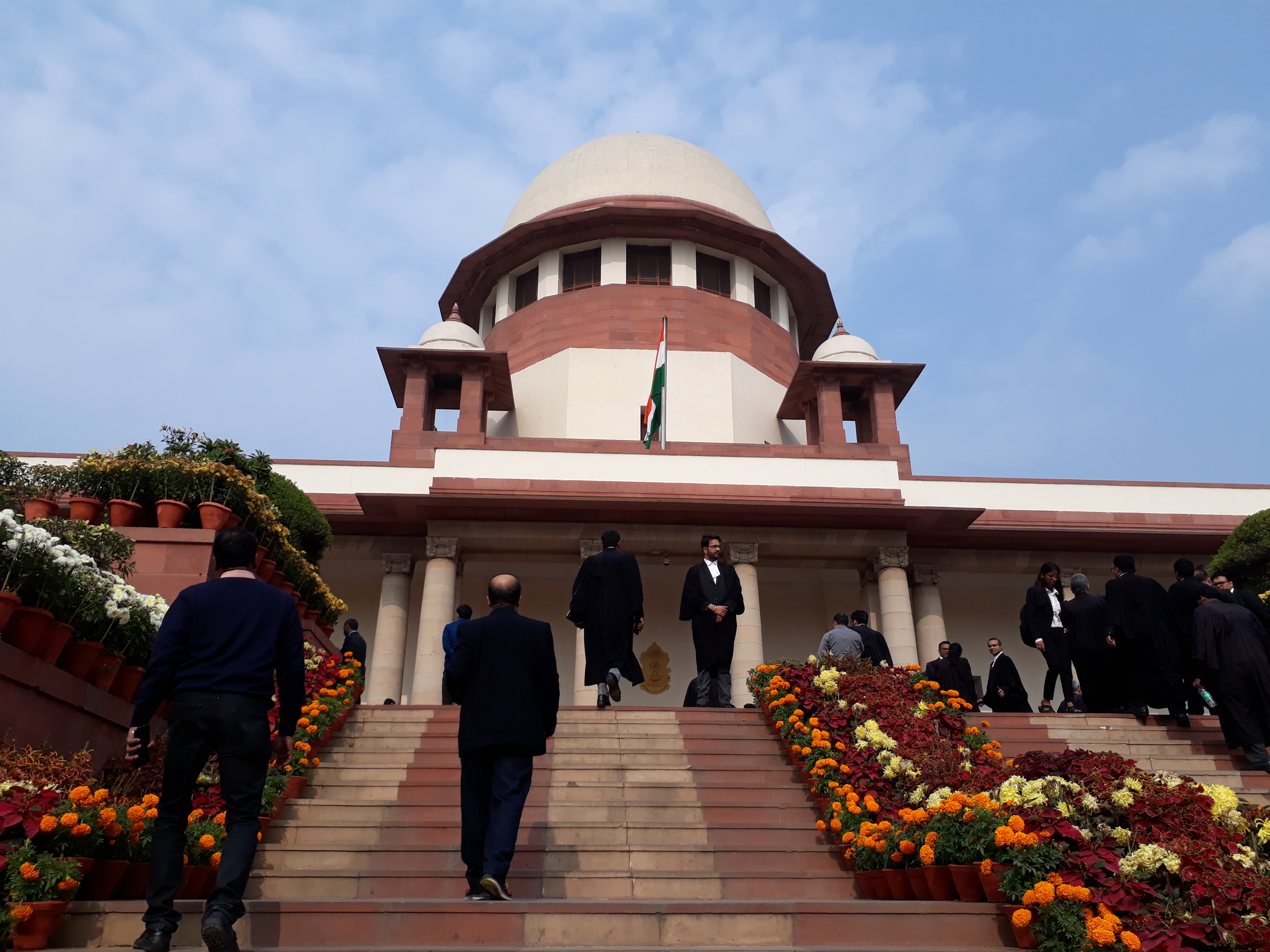


The Supreme Court recently directed all High Courts in the country to set up committees which shall be responsible for implementing the recommendations of the Second National Judicial Pay Commission with respect to salaries and service conditions of members of district judiciary and for dealing with grievances of judicial officers.The bench of Chief Justice of India DY Chandrachud, Justices JB Pardiwala and Manoj Misra underscored that it is essential that judges are able to lead a life with financial dignity so as to ensure judicial independence."Judicial independence, which is necessary to preserve the faith and confidence of common citizens in the rule of law, can be ensured and enhanced only so long as judges are able to lead their life with a sense of financial dignity," the Court said.
The Court also said that it would be wholly inappropriate to equate judicial service with the service of other officers of the State."The functions, duties, restrictions and restraints operating during and after service are entirely distinct for members of the judicial service," the judgment passed on January 4 said.It, therefore, ordered that a committee called the ‘Committee for Service Conditions of the District Judiciary' shall be formed by every High Court in the country.The composition of the committee shall be:
(i) Two Judges of the High Court to be nominated by the Chief Justice of which one should be a Judge who has previously served as a member of the district judiciary;
(ii) The Law Secretary/Legal Remembrancer;
(iii) The Registrar General of the High Court who shall serve as an ex officio Secretary of the Committee; and
(iv) A retired judicial officer in the cadre of District Judge to be nominated by the Chief Justice who shall act as a nodal officer for the day to day redressal of grievances.
Further the top court directed that senior most Judge nominated by the Chief Justice of the concerned High Court shall be the chairperson of the committee."The Chairperson may co-opt officers of the State Government, including the Secretaries in the Departments of Home, Finance, Health, Personnel and Public Works, when issues concerning these departments are being deliberated upon and implemented. The Chairperson of the Committee may at their discretion co-opt the Accountant General to ensure due implementation of the recommendations of the SNJPC, as approved by this Court," the judgment passed on January 4 said.Further the top court directed that senior most Judge nominated by the Chief Justice of the concerned High Court shall be the chairperson of the committee.
"The Chairperson may co-opt officers of the State Government, including the Secretaries in the Departments of Home, Finance, Health, Personnel and Public Works, when issues concerning these departments are being deliberated upon and implemented. The Chairperson of the Committee may at their discretion co-opt the Accountant General to ensure due implementation of the recommendations of the SNJPC, as approved by this Court," the judgment passed on January 4 said.The committee shall have the following functions:
- oversee the proper implementation of the recommendations of the SNJPC, including pay, pension, allowances;
-act as a single point nodal agency for the redressal of the grievances of the judicial officers;
-develop an institutional mechanism for recording and archiving institutional concerns pertaining to pay, pension and service conditions of the district judiciary;
-ensure that hospitals of a requisite standard with necessary facilities are empaneled for every district in consultation with the Secretary in the Health Department of the State government.Pertinently, the apex court directed that disbursements on account of arrears of salary, pension and allowances due and payable to judicial officers, retired judicial officers and family pensioners shall be computed and paid on or before February 29, 2024.The High Court committees shall monitor compliance and each committee working under the auspices of the High Court shall submit its report to Supreme Court on or before April 7, 2024 through the Registrar General of the High Court.
TAGS: Supreme Court State Nodal Joint Pay Committee Judicial Officers Grievance Redressal